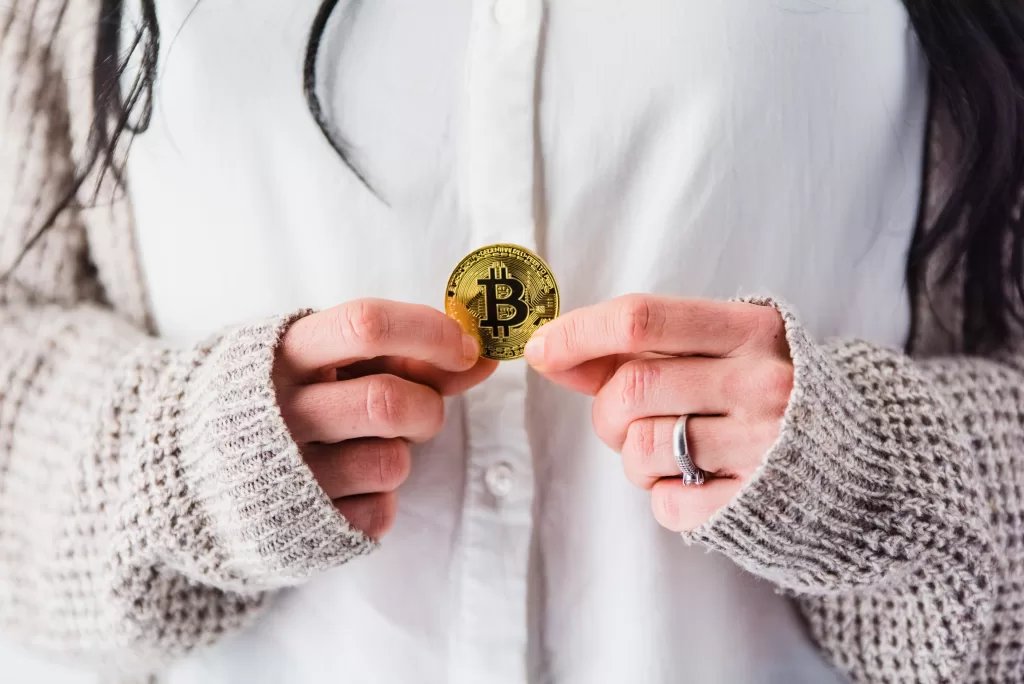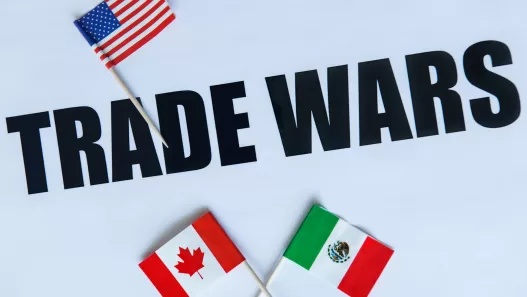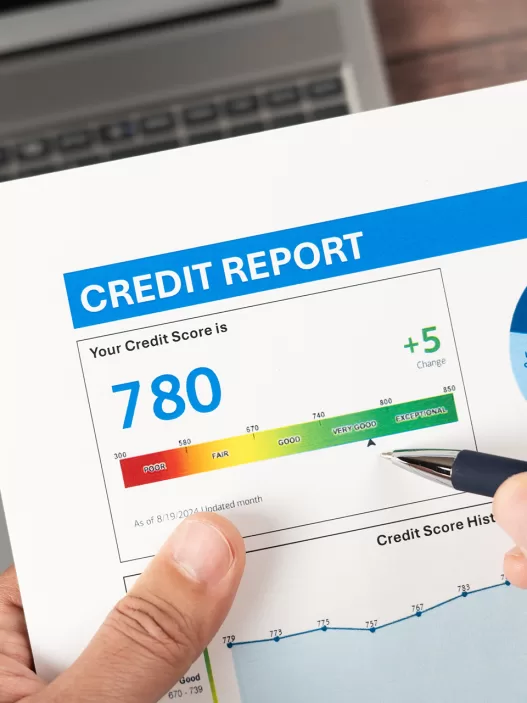Ah, Bitcoin. The OG of crypto. The rebellious teenager of the financial world that burst onto the scene in 2009, flipping the bird to centralized banking and shouting, “We don’t need you anymore!” Fast forward to today, and while Bitcoin has graduated from its angsty teen years to a full-fledged adult worth over half a trillion dollars, one burning question remains: Will Bitcoin ever become a “real” currency?
Let’s break it down—crypto-slang style—so even your friend who still doesn’t know what an NFT is can understand.

What Even Is a “Real” Currency?
Before we judge Bitcoin’s potential, let’s establish what makes a currency, well, a currency. Economists usually agree that a “real” currency needs to nail these three objectives:
- Medium of Exchange
Can I use it to buy my morning coffee or pay rent without giving the cashier an existential crisis? - Store of Value
Does it hold its value over time, or will it nosedive the minute Elon Musk tweets? - Unit of Account
Can businesses price their goods in Bitcoin without it looking like a random string of digits from The Matrix?
Now, compare that to Bitcoin, and you can see why critics are still side-eyeing it.
Bitcoin’s Report Card
1. Medium of Exchange: “Sort of, but…”
Bitcoin was supposed to be the future of payments. Yet, buying a pizza with Bitcoin today is like trying to pay your rent in Chuck E. Cheese tokens: technically possible but wildly impractical.
Transaction speeds are slow. On average, Bitcoin can process about 7 transactions per second (Visa, for comparison, can handle 24,000 transactions per second). So unless you’re cool with your barista waiting 10 minutes for your payment to go through, Bitcoin isn’t exactly setting itself up to replace cash anytime soon.
To be fair, Bitcoin’s Lightning Network is trying to fix this by enabling faster, cheaper transactions. But adoption is still lagging, and most people just don’t want the hassle of scanning QR codes and worrying about gas fees for a latte.
2. Store of Value: “Kind of, but it’s a rollercoaster”
Bitcoin enthusiasts call it “digital gold,” but let’s be honest—gold doesn’t lose 20% of its value because a billionaire tweeted a meme. Bitcoin’s insane volatility makes it a terrible store of value for the average person. One week, you’re a crypto millionaire; the next, you’re eating ramen and wondering where it all went wrong.
That said, Bitcoin has performed surprisingly well as a long-term investment. Early adopters who HODL’d (that’s “hold on for dear life” in crypto-speak) are laughing their way to private islands. And countries with unstable fiat currencies—looking at you, Venezuela—are increasingly turning to Bitcoin as a hedge against inflation. But does that make it a real currency? Not really. It makes it a speculative asset.
3. Unit of Account: “LOL, no”
Quick thought experiment: Imagine a world where Bitcoin prices everything. One day, your $3.50 coffee is priced at 0.00012 BTC. Cool. But tomorrow, thanks to market swings, it’s suddenly 0.00014 BTC. Are you really going to reprice every menu item every day? Didn’t think so.
For Bitcoin to become a reliable unit of account, it needs to stabilize. Until then, businesses will stick to pricing in dollars, euros, and other boring-but-dependable fiat currencies.
The Case For Bitcoin as a “Real” Currency
Despite all the “buts” we just dropped, there’s a growing case for Bitcoin’s future as a legitimate currency.
- Global Adoption is Slowly Picking Up
Major players like El Salvador and the Central African Republic have already made Bitcoin legal tender. Sure, it’s controversial (and critics argue it’s more PR stunt than policy), but it’s a sign that governments are warming up to the idea—slowly. - Decentralization is Sexy
Unlike fiat currencies controlled by central banks, Bitcoin runs on a decentralized network. No government can print more Bitcoin to bail out a failing economy. In an age of increasing mistrust in traditional institutions, that’s a big deal. - Technological Innovations Are Coming
Remember the Lightning Network we mentioned? Add that to Bitcoin’s ever-expanding ecosystem of wallets, payment platforms, and smart contracts, and it’s clear that the infrastructure for Bitcoin as a currency is being built—even if it’s not quite ready for prime time.
The Harsh Reality: What’s Holding Bitcoin Back?
Even with all its potential, Bitcoin faces some harsh truths:
- Governments Hate Competition
Central banks aren’t about to hand over their monopoly on money creation to a decentralized, uncontrollable currency. Expect more regulations (and lawsuits) before Bitcoin can even dream of mainstream acceptance. - Environmental Concerns
Bitcoin mining consumes insane amounts of energy. As the world focuses on going green, Bitcoin’s carbon footprint is a major black mark against it. - It’s Still Too Complicated
Let’s be real—most people don’t want to think about private keys, wallets, or blockchains. Until Bitcoin becomes as easy to use as swiping a credit card, mass adoption will remain a pipe dream.
So, Will Bitcoin Ever Become a “Real” Currency?
The short answer? Not anytime soon. Bitcoin’s current strengths lie in being a store of value (if you can stomach the volatility) and a hedge against traditional financial systems, not in being your go-to payment method. It’s more digital gold than digital cash right now.
That said, the future is unwritten. If technological innovations can address Bitcoin’s speed and scalability issues—and if the crypto world can figure out how to tackle regulation and environmental concerns—Bitcoin might just have a shot at becoming a “real” currency. Until then, it’s the rebellious cousin of the financial world, making waves but not quite ready for center stage.
What do you think? Is Bitcoin destined to be the currency of the future, or will it stay stuck in its current speculative asset limbo? Let us know in the comments—just don’t try to tip us in Bitcoin. It’s a hassle.
















